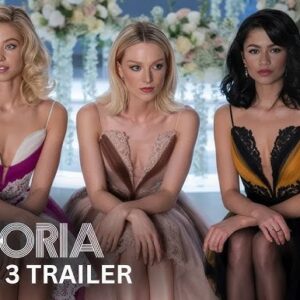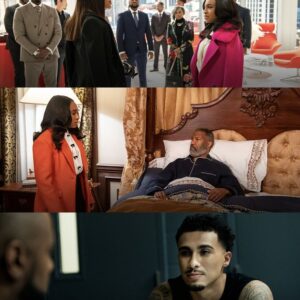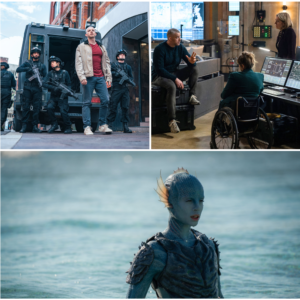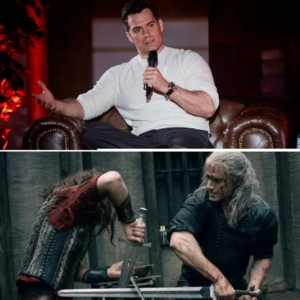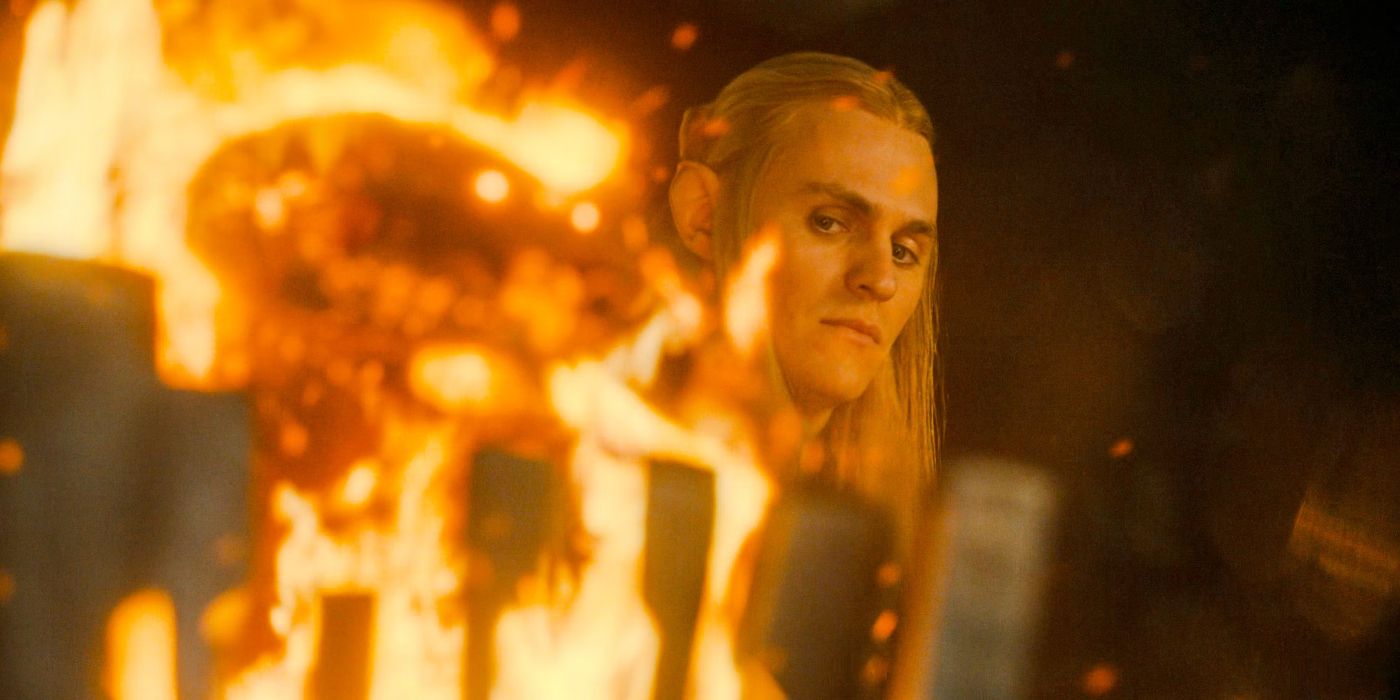
It’s a problem we’re all too familiar with. While once upon a time, a TV scene set at night might have been lit with a bright, non-diagetic — that is to say, not existing within the world of the show — light in order for the audience to actually see what is happening, that’s no longer the case. Now, infamously, productions are opting for the “natural” approach, which is very difficult to see on most devices. But in the latest episode of The Lord of the Rings: The Rings of Power, cinematographer Alex Disenhof found an ingenious way to keep the lighting diagetic, while also making sure the audience doesn’t miss a second of the action.
In an interview with Collider’s Carly Lane, alongside director Charlotte Brandstrom, Disenhof talked about the process of lighting Season 2, Episode 7, “Doomed to Die,” which brought war to the gates of Eregion, and the beginning of which was set at night. Rings of Power didn’t go the Lord of the Rings: The Two Towers route of shining big bright lights, with Disenhof wanting to keep things feeling real. As he told Lane, it was all a balancing act:
“As cinematographer, I think, some of the scariest things you can read on a page are like, “A moonlit night,” because there is this balance of what’s real, and what feels real, and also what an audience wants to see, in terms of physically seeing a story being told. It’s a level of taste. And it’s always this fine line that you’re balancing.”
What Was the Trick to Making the Night Scenes Well Lit in ‘Rings of Power’ Season 2, Episode 7?
Instead of keeping things natural to the point where audiences would start to wonder if something was wrong with their TVs or devices, Disenhof and his team instead designed a clever workaround, a way to work in natural light in an otherwise dark environment:
“But one way that we came up with earlier and to get around that was the fact that they’d been hurling giant fireballs at the city for a long time. And so we let that be our guide. And I was able to use real fire, and fake fire that we lit with lights, as our key for a lot of the scene. We still had this moonlit ambiance you can see in the shadows a little bit, so it doesn’t go pitch black, but it still has a mood to it.”
We’ve seen versions of this throughout the season, when the Dwarves in Khazad-Dûm are forced to make their way through the halls without working sun shafts, illuminated only by torchlight. But characters can hardly carry around torches for close-ups during those key emotional moments. Fortunately, as Disenhof explained, the team had a workaround for this too:
“But ultimately, we had this experience where I could say, if a character, Elrond, say, falls down, and I could say, “Well, you know what, I really want to see his face here. Hey, Special Effects Department, can you light a fire six feet from his head? Or however close you can get it safely?,” and use that and see it in camera, too. And it keeps the frame alive. It also is just a little trick to the eye that if you have a bright source in frame, your iris is closed down . And so it actually makes it seem, feel darker than it actually is. We use all those tricks.”
The first seven episodes of Rings of Power Season 2 are streaming now on Prime Video.
